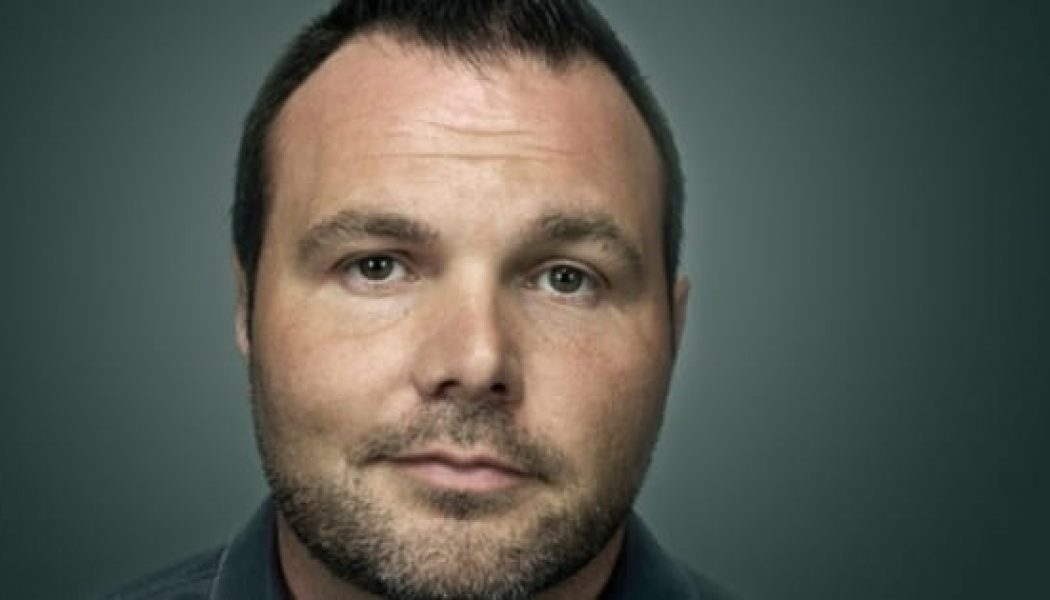
Whenever a pastor falls, especially one who is famous (or infamous), it affords the church in general and pastors specifically an opportunity to do some serious reflection. I serve as pastor of a local church. I have served on a church staff since I was a 20 year old college sophomore. Twenty seven years later I daily realize how much I still need to grow.
Like so many, I have thought and opined quite a bit about Mark Driscoll and the fallout at Mars Hill Church. I have thought about the many warning signs early on in Driscoll’s ministry that some gave voice to but few heard. I have thought about some of the failures of Mars Hill to hold her leadership accountable. But most recently I have been reflecting on the condition of my own heart.
The following is a bit of my own interior dialogue that I welcome you to listen in on.
1. Shepherd the flock that God has given you.
“Shepherd the flock of God that is among you, exercising oversight, not under compulsion, but willingly, as God would have you; not for shameful gain, but eagerly” (1 Peter 5:2). Whatever else a pastor may have time to do he must not allow it to interfere with this most basic duty. This means preaching and teaching, visiting the sick, admonishing the errant, battling wolves, and comforting the wounded. All this takes time and requires personal sacrifices. This is what pastors do. Very few of us can shepherd a local church and lead a movement at the same time.
2. Do not despise anonymity.
Some of the finest pastors are those whose names most of us won’t know until we get to Heaven. If you are serving in relative anonymity do not envy those pastors who enjoy the lights of fame and influence. There are far worse fates than not being famous.
3. You are highly replaceable.
Paul referred to himself and his fellow apostles as “jars of clay” (1 Cor 4:7). The term Paul uses refers to the most common of household vessels. These clay pots were typically used to store certain goods of varying value. They were also commonly used for refuse. These vessels were cheap, not especially strong, and replaceable. The church will never need you. When you break or are thrown out the Lord will easily replace you. Carry the gospel well. Feed the flock competently. But never teach God’s people that you are indispensable.
4. Be careful how you measure success.
If you live by the numbers then you will die by the numbers. When a pastor craves numeric success he will inevitably love what people represent far more than he loves the people. This is a tricky issue for pastors. Lack of numeric growth tends to be viewed as a failure of the pastor. What is more, the pastor’s employers (the congregation) want to see their church grow. Certainly it is a noble desire to reach many for the gospel. But our hearts are deceptive. When pastors enjoy numeric success we are susceptible to pride, self-sufficiency, and a sense of entitlement. That is, we expect to be compensated handsomely for engineering the church’s success. But God’s people are not grist for the mill of the pastor’s personal quest for success.
5. You are not a CEO.
The biblical metaphor of shepherd given to the spiritual overseers of God’s people in both Old and New Testaments is not to be dismissed simply because certain religious entrepreneurs do not want to be burdened with the responsibilities of pastoral ministry. The church staff is not your staff. The elders of the church are not your elders. They belong to the Lord and are accountable to the congregation.
6. Serving within a well ordered denomination is a blessing.
After serving within a non-denominational church for almost 5 years I am grateful to be part of a denomination with a lengthy confession of faith and Book of Church Order (PCA). Governance and polity matter. Does this mean that non-denominational churches are a bad idea? Generally speaking: Yes. Can a multi-layered and highly detailed polity slow things down and make decision making less efficient? Absolutely. And this is a good thing. We are too sinful to be trusted with unchecked power. Don’t ever place yourself in the dangerous position of serving alongside a hand-picked board. You need the governance and accountability structures of a well ordered denomination.
7. Tremble at the prospect of your future judgment.
“Not many of you should become teachers, my brothers, for you know that we who teach will be judged with greater strictness” (James 3:1). Being a pastor is not a right. It is a rather terrifying responsibility. Take time every day to reflect upon the fact that you will be judged by Jesus for how you fed and cared for His beloved people.
Todd Pruitt serves as Lead Pastor of Covenant Presbyterian Church in Harrisonburg, VA and blogs regularly at Ref21 and 1517. Raised a Southern Baptist, he is a graduate of Midwestern Baptist Theological Seminary in Kansas City. He, along with Carl Trueman and Aimee Byrd, hosts the podcast Mortification of Spin. Todd and his wife Karen have three children.










